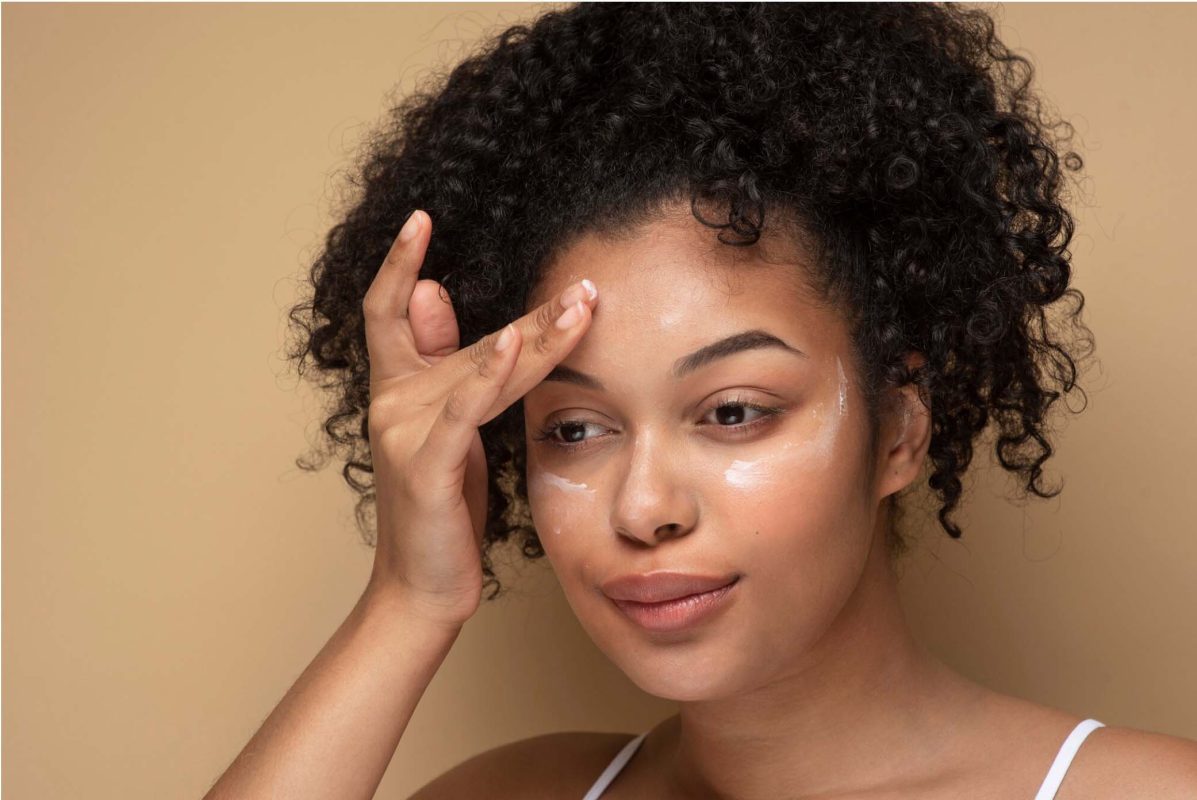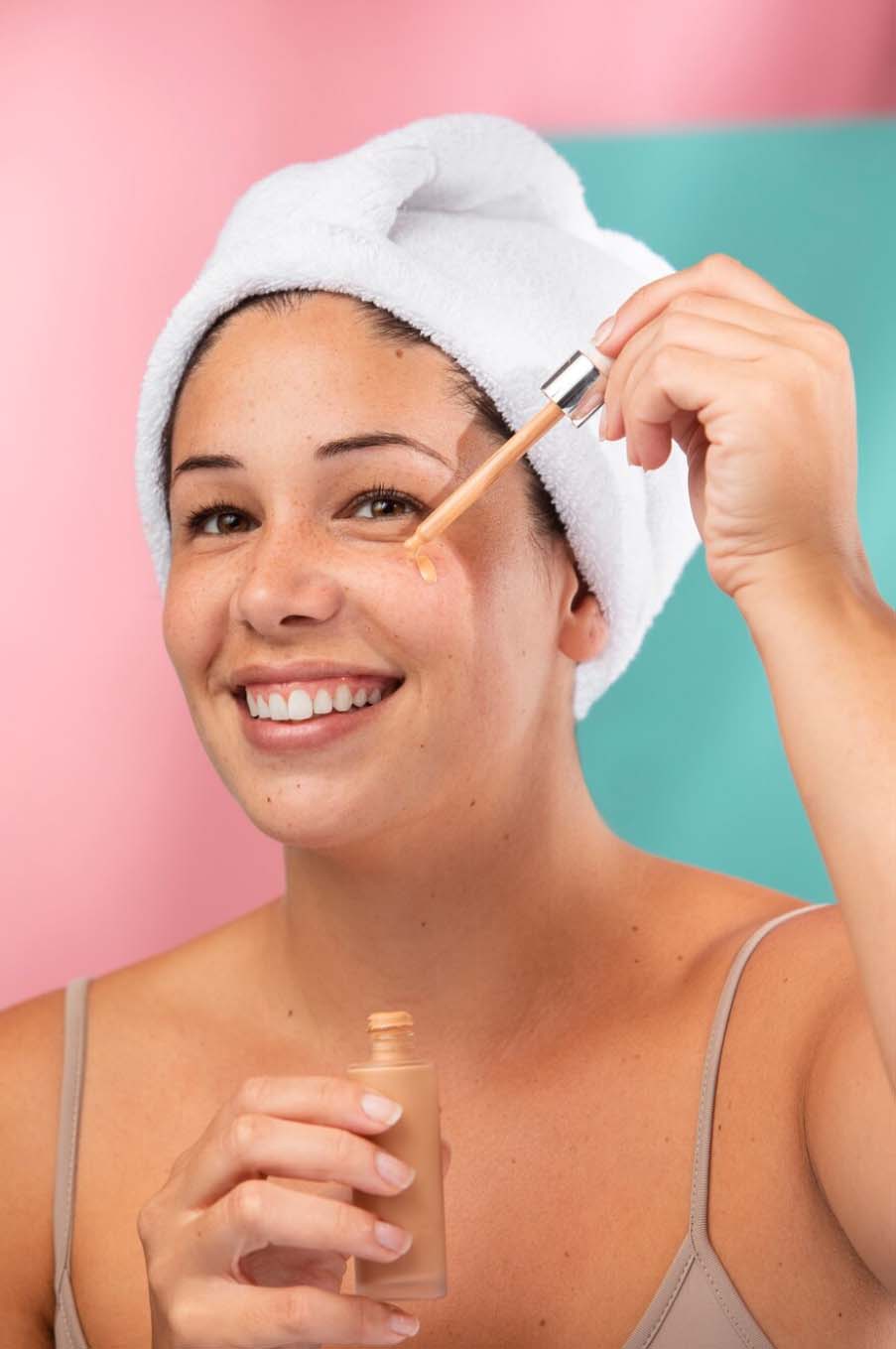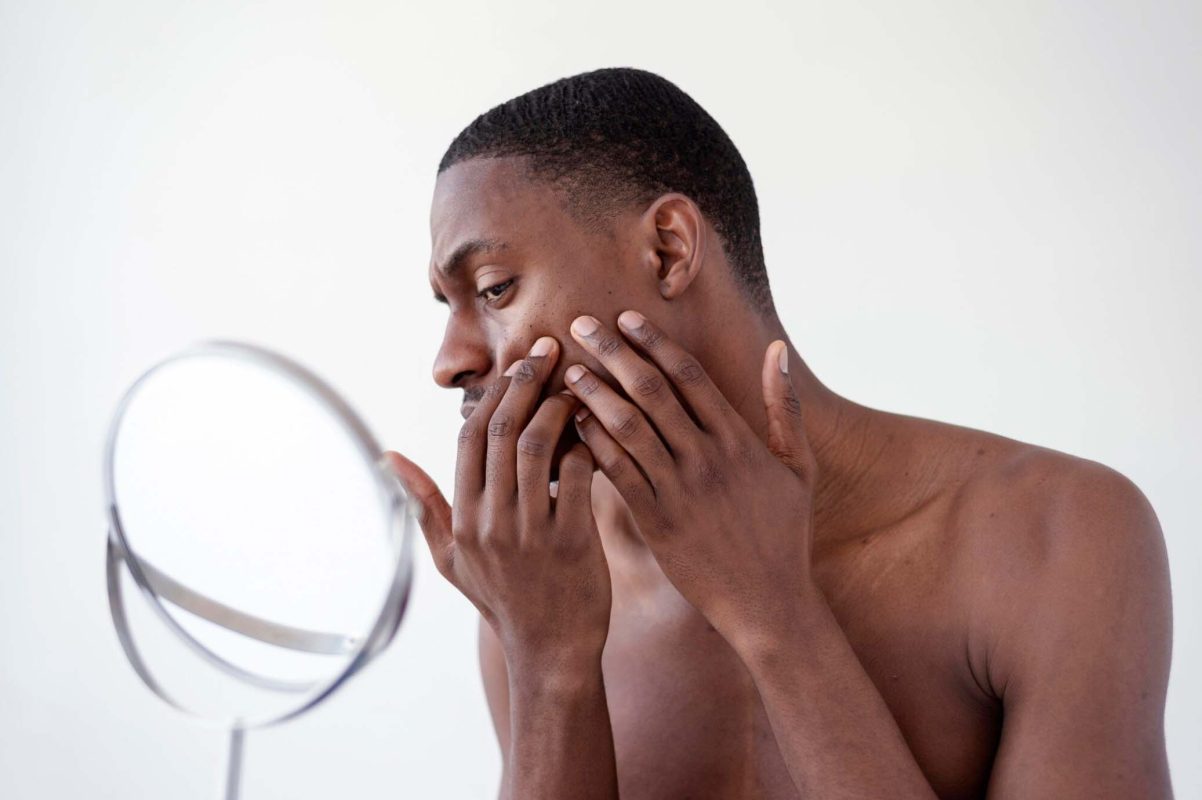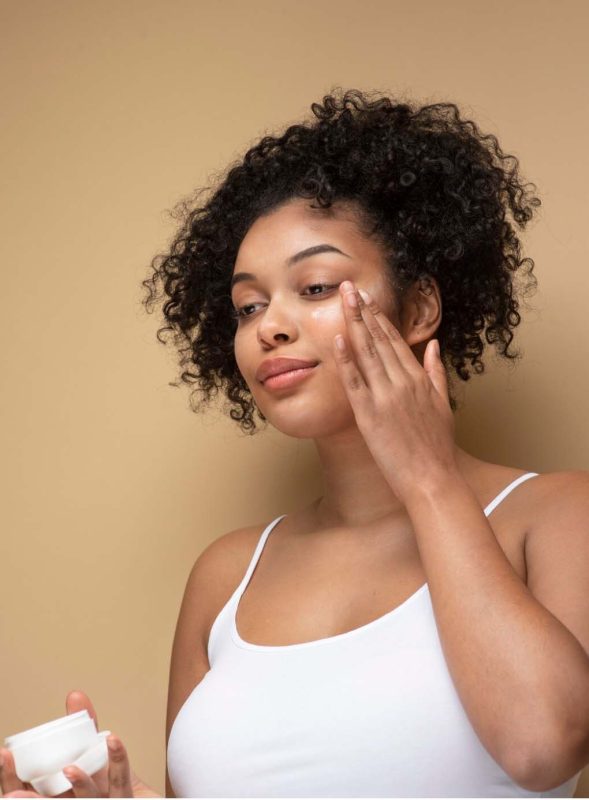
Oily, pimple-prone skin is a common skin condition that affects many people worldwide. It is characterized by excess sebum production, leading to shiny skin, clogged pores, and a higher likelihood of developing acne and pimples.
Dealing with oily, pimple-prone skin can be frustrating and challenging, but with the right understanding and skincare routine, it is possible to manage and improve this condition effectively.
In this comprehensive article, we will delve into the causes of oily, pimple-prone skin, effective management techniques, and essential skincare tips to keep your skin looking healthy and clear.
Causes of Oily, Pimple-Prone Skin:
- Sebum Production: Sebum is an oily substance produced by sebaceous glands in the skin. It plays a crucial role in lubricating and protecting the skin. However, overactive sebaceous glands can lead to excessive sebum production, resulting in oily skin.
- Hormonal Imbalances: Hormonal fluctuations, particularly during puberty, pregnancy, and menstruation, can trigger increased sebum production and contribute to the development of pimples and acne.
- Genetics: Oily, pimple-prone skin may have a genetic component, and individuals with a family history of acne are more likely to experience similar skin conditions.
- Diet and Lifestyle: Consuming a diet high in processed foods, sugars, and unhealthy fats can worsen oily skin. Additionally, factors such as stress, lack of sleep, and smoking can influence sebum production and skin health.
- Cosmetic and Skincare Products: Using products that are not suitable for oily skin or contain comedogenic (pore-clogging) ingredients can exacerbate acne and pimples.
- Environmental Factors: Exposure to pollution, humidity, and extreme weather conditions can affect the skin’s sebum production and contribute to breakouts.

Managing Oily, Pimple-Prone Skin:
- Gentle Cleansing: Cleanse your face twice daily with a mild, non-comedogenic cleanser to remove excess oil, dirt, and impurities. Avoid harsh scrubs that can irritate the skin and trigger more oil production.
- Exfoliation: Regular exfoliation helps unclog pores and remove dead skin cells. Opt for chemical exfoliants with salicylic acid or glycolic acid, which can penetrate the pores and promote smoother skin texture.
- Moisturization: Even oily skin needs hydration. Choose lightweight, oil-free, or gel-based moisturizers to provide necessary hydration without making the skin greasy.
- Sunscreen: Protect your skin from harmful UV rays by using a broad-spectrum sunscreen with at least SPF 30. Look for non-comedogenic sunscreens to prevent clogged pores.
- Avoid Touching Your Face: Touching your face can transfer bacteria and oil from your hands, leading to more breakouts. Be mindful not to rest your chin or cheeks on your hands.
- Balanced Diet: Consume a well-balanced diet rich in fruits, vegetables, whole grains, and lean proteins. Limit the intake of sugary and greasy foods, as they may exacerbate skin issues.
- Hydration: Drink plenty of water to keep your skin hydrated and maintain its natural balance.
- Stress Management: Practice stress-reduction techniques like meditation, yoga, or regular exercise, as stress can worsen skin conditions.
- Avoiding Comedogenic Products: Read product labels and avoid skincare and makeup products that contain ingredients known to clog pores, such as certain oils, silicones, and heavy waxes.

Skincare Tips for Oily, Pimple-Prone Skin:
- Double Cleansing: Consider double cleansing in the evening, using an oil-based cleanser followed by a gentle foaming cleanser, to thoroughly remove makeup, sunscreen, and excess oil.
- Clay Masks: Applying clay masks once or twice a week can help absorb excess oil and draw out impurities from the pores.
- Spot Treatments: Use spot treatments with ingredients like benzoyl peroxide or tea tree oil to target individual pimples and blemishes.
- Non-Comedogenic Makeup: Opt for makeup labeled as “non-comedogenic” or “oil-free” to minimize pore-clogging and skin irritation.
- Avoiding Over-Washing: Washing your face too frequently can strip the skin of its natural oils, leading to increased oil production. Stick to cleansing twice daily unless you are sweating excessively.
- Hands Off: Refrain from picking, squeezing, or popping pimples, as it can worsen inflammation and lead to scarring.
- Regular Pillowcase Changes: Changing your pillowcase regularly can prevent the buildup of oils, bacteria, and dirt that may come into contact with your face during sleep.

In a nut-shell:
Oily, pimple-prone skin can be a challenging condition to manage, but with the right approach and consistent skincare routine, it is possible to achieve clearer, healthier skin.
Understanding the underlying causes of oily skin, adopting proper skincare practices, and making lifestyle adjustments can significantly improve the appearance and health of your skin.
Remember that everyone’s skin is unique, so it may take some time and experimentation to find the best routine and products that work for you. If you experience severe or persistent acne, consider consulting a dermatologist for personalized guidance and treatment options.
